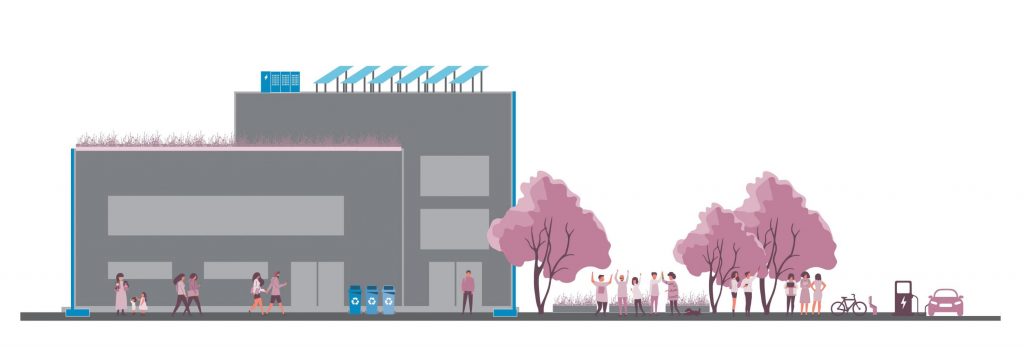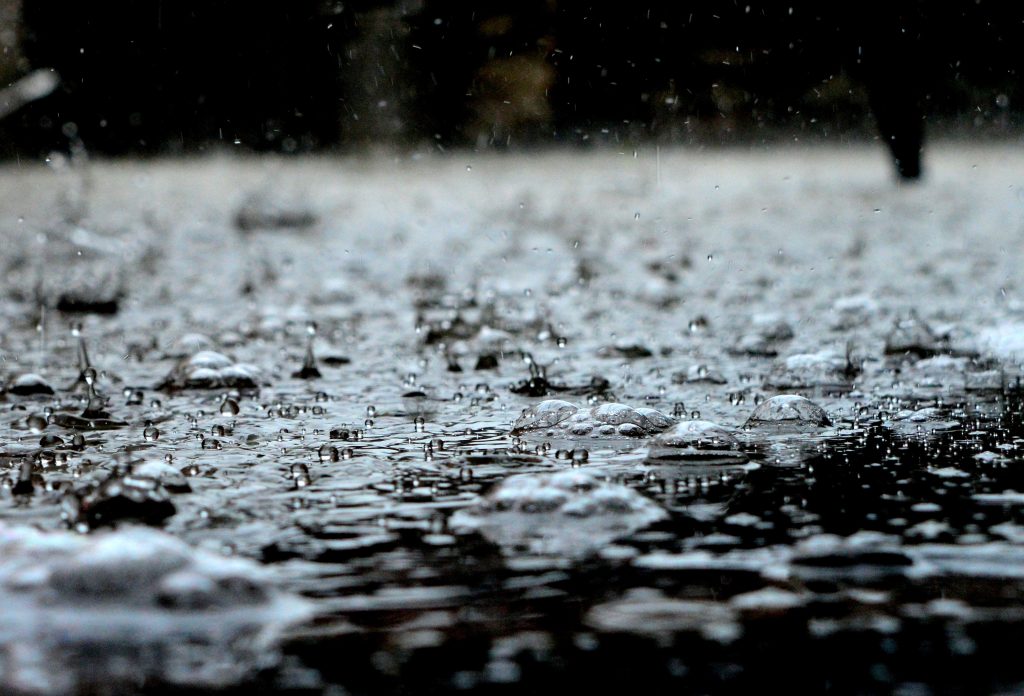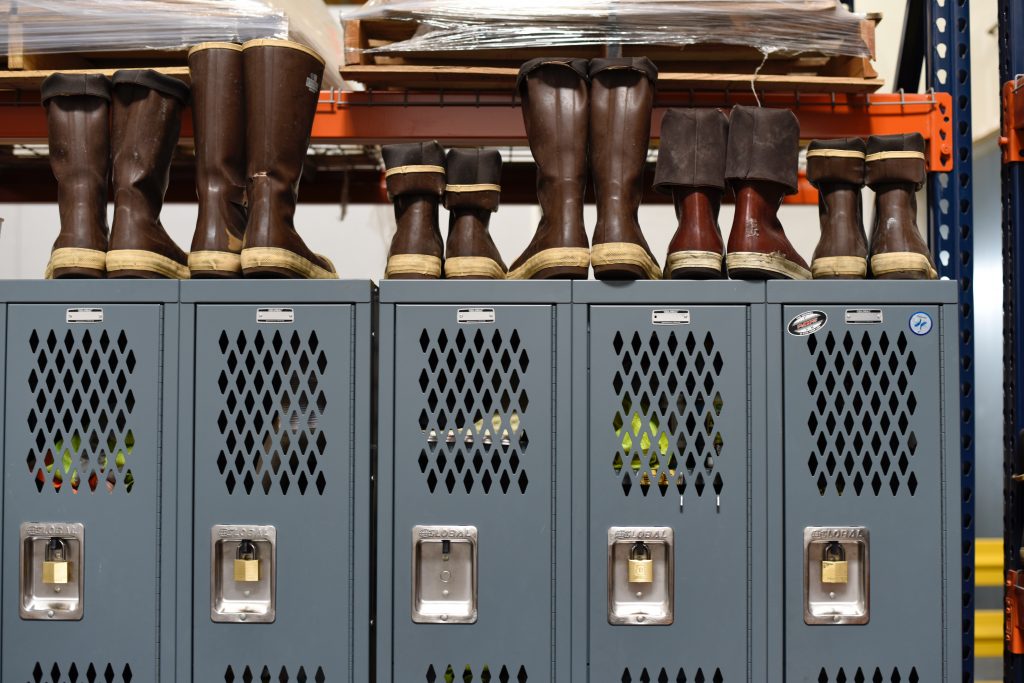
What Are Resilience Hubs?

Resilience Hubs are community-serving facilities augmented to support residents, coordinate communication, distribute resources, and reduce carbon pollution while enhancing quality of life. Resilience Hubs can meet a myriad of physical and social goals by utilizing a trusted physical space such as a community center, recreation facility, or multi-family housing building as well as the surrounding infrastructure such as a vacant lot, community park, or local business.
Three Resilience Hub Modes
Resilience is the ability of people and their communities to anticipate, accommodate and positively adapt to or thrive amidst changing climate conditions and hazard events. Resilient communities enjoy a high quality of life, reliable systems, and economic vitality, and they conserve resources for present and future generations. The term resilience is often used interchangeably with emergency preparedness and response, but these elements only address part of this important concept. As such, Resilience Hubs serve communities in three operating conditions: Everyday (>99% of the time), Disruption, and Recovery.
Everyday

At its core, the Resilience Hub serves as a central point to design and implement a strategy to address root causes of vulnerability and help the community thrive. In addition, the Resilience Hub can deliver preparedness messaging to
the communities the Hub serves, and site leaders can work with trusted community leaders to disseminate information and facilitate stronger community ties before a disruption.
Disruption

A community’s Resilience Hub can be the central point for gathering, assessing impact, sharing stories, assembling information, accessing resources, and spearheading response. Ideally, residents, businesses, and organizations will collectively manage the Hub including both internal and external communications.
Recovery

Resilience Hubs can play a critical role in post- disruption recovery and ongoing communications needs. For resilient communications, the site
can remain a central point for gathering, sharing information, and accessing resources. Hubs can also provide space for additional experts, aid organizations, volunteers, and support networks to gather and better understand and help meet community needs.
All USDN Resilience Hubs materials are under Creative Commons Attribution-Non Commercial-Sharealike 4.0 license (CC BY NC SA). This means reusers can distribute, remix, adapt, and build upon the material in any medium or format for noncommercial purposes only, and only so long as attribution is given to USDN. If you remix, adapt, or build upon the material, you must license the modified material under identical terms. USDN is using this license to maintain the integrity of the work while also sharing it widely and making it possible for people to continue to build and iterate. It may not be shared commercially. You may find more information about this license here.
